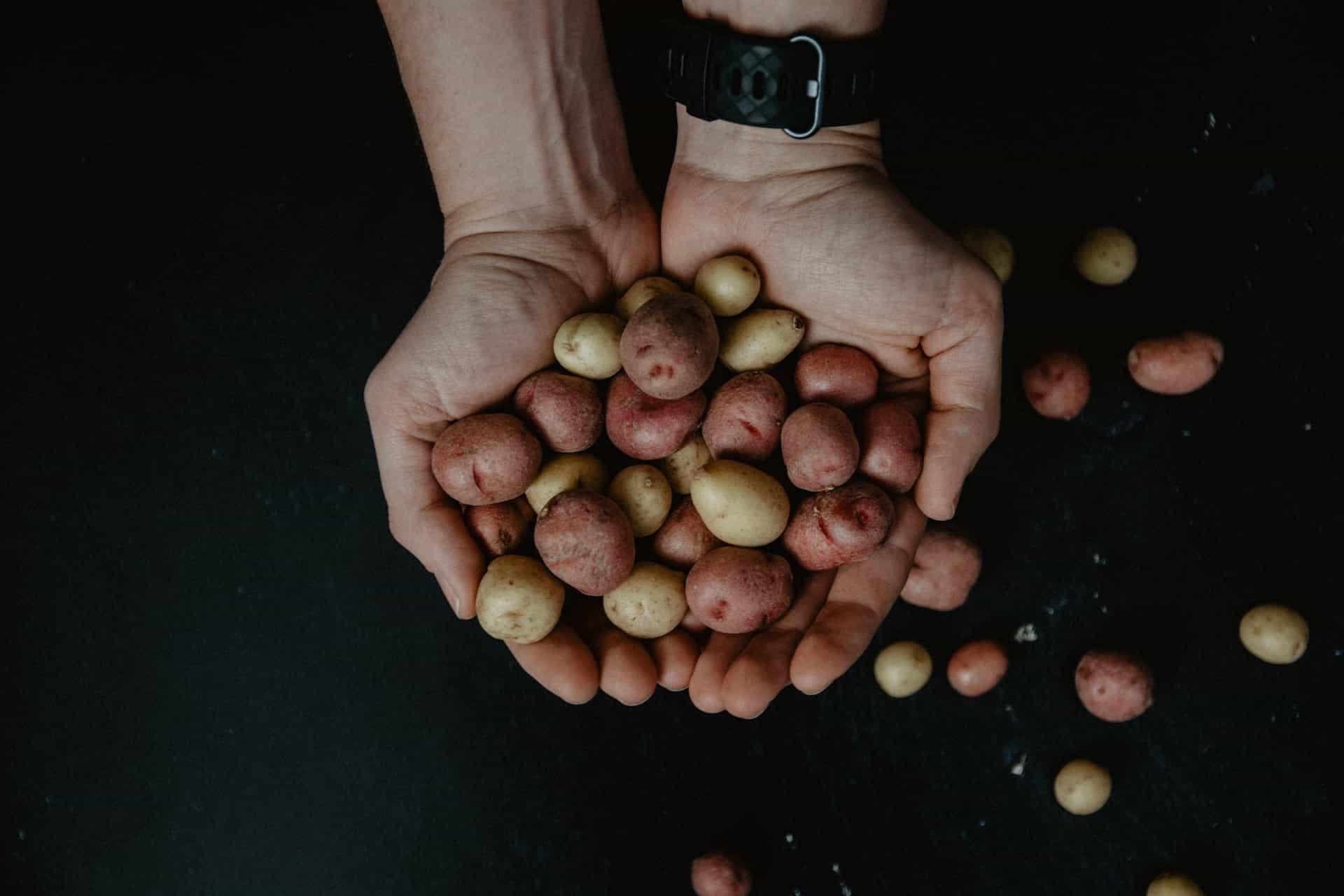Accelerating Lending Decisions Using the Credit Score of Agriculture
The Agros® Risk Score allows virtually any financial institution to approach the agricultural industry with confidence and competence.

The Agros® Sustainability Score provides a standardized sustainability rating for any field around the world.

by Jaclyn Roberts
October 18, 2021
Measuring sustainability proves difficult for today’s global supply chain. Sourcing raw goods and materials from around the globe is challenging, especially with ebbs and flows in supply and demand. Armed with a vision of helping companies return a sustainability story to its customers and investors, Agrograph developed a tool to support corporations in sourcing responsibly and demonstrating their commitment to sustainability.
Today, more and more companies are committing to reducing their environmental impact. In fact, research from 2019 found that 25% of Fortune 500 companies have made public sustainability commitments - a 75% increase from just four years prior - a trend that is projected to continue to grow.
For companies working across the agricultural supply chain, partnering with growers who responsibly utilize resources and actively manage for sustainable outcomes is becoming increasingly more important. But this comes with a number of challenges. Farms are unique. From soil makeup to climate conditions, a number of factors impact management decisions on the ground. This makes it impossible for companies to develop blanket standards to guide their sourcing decisions.
Corporations needed a way to objectively measure the sustainability of farms within their supply chain and a way to actively collect and report across a series of metrics that feed into larger sustainability goals. Through internal research and discussions, we found that self-reported data is tedious to capture, and leaves room for bias and error, while third-party audits are expensive and time consuming. These approaches provided insight for only farms participating within a corporate supply chain network, ignoring important benchmark data across neighboring fields.
We created a solution focused on establishing benchmarks and standardized metrics that empower audits across a portfolio or book of business. We call this solution the Agros® Sustainability Score, a farm-level report providing a standardized sustainability rating for any field around the world. The score is applicable to any parcel and is rated according to an aggregated score ranging from 0-100. This objective score enables farm-to-farm and regional comparisons allowing for an accurate look at sustainability benchmarks for a region. Data can be accessed via API or compiled into a comprehensive and easily digestible report.
Water is key for any agricultural commodity.
For potato farmers, water can be added to crops to improve yield size at a relatively affordable rate. Because of this, proper utilization of water is a focus for the potato industry, particularly for processors that hope to identify a network of growers who provide high quality potatoes and utilize water efficiently.
Soil moisture, precipitation, humidity assessments, and field evapotranspiration rates, all data leveraged by the Agros® Sustainability Score, inform sustainability-focused decisions across potato fields.

"The Agros® Sustainability Score provides real-time metrics to agricultural supply chains, benchmarks performance for investors and shareholders, and provides data to keep customers confident in their purchases."
At the grower level, the report provides data that informs important management decisions based on how water usage impacts local production. The report also delivers key insights to lower input costs and improve margins across farms.
The Agros® Sustainability Score supports the field level audits needed to comply with ESG portfolio metrics. This score establishes benchmarks that allow companies to better understand additionality across individual operations, or the added sustainable impact recognized beyond what would naturally occur. In other words, historical data and current data can be compared to better understand if a company’s sustainability program leads to true improvement across specific metrics by comparing current performance to “business as usual” practices.
Even more, because data can be accessed retroactively, using a 10-year look back period, companies can recognize farmers within their supply chain who have been implementing conservation-minded practices for years.
When we think about this data, it’s important to see opportunities to share what we learn with others. This mindset shifts the data’s potential, and ultimately can make our entire industry more efficient and better at what it does - providing quality food for people around the globe.
- Jim O’Brien, Co-Founder|CEO, Agrograph
Interested in learning more about the Agros® Sustainability Score? Reach out to us.

Jaclyn Roberts is a Texas native with strong ties to the agricultural industry. She is the Marketing Coordinator at Agrograph.

The Agros® Risk Score allows virtually any financial institution to approach the agricultural industry with confidence and competence.

How GARS leveraged Agros® technology to develop a first-of-its-kind parametric product